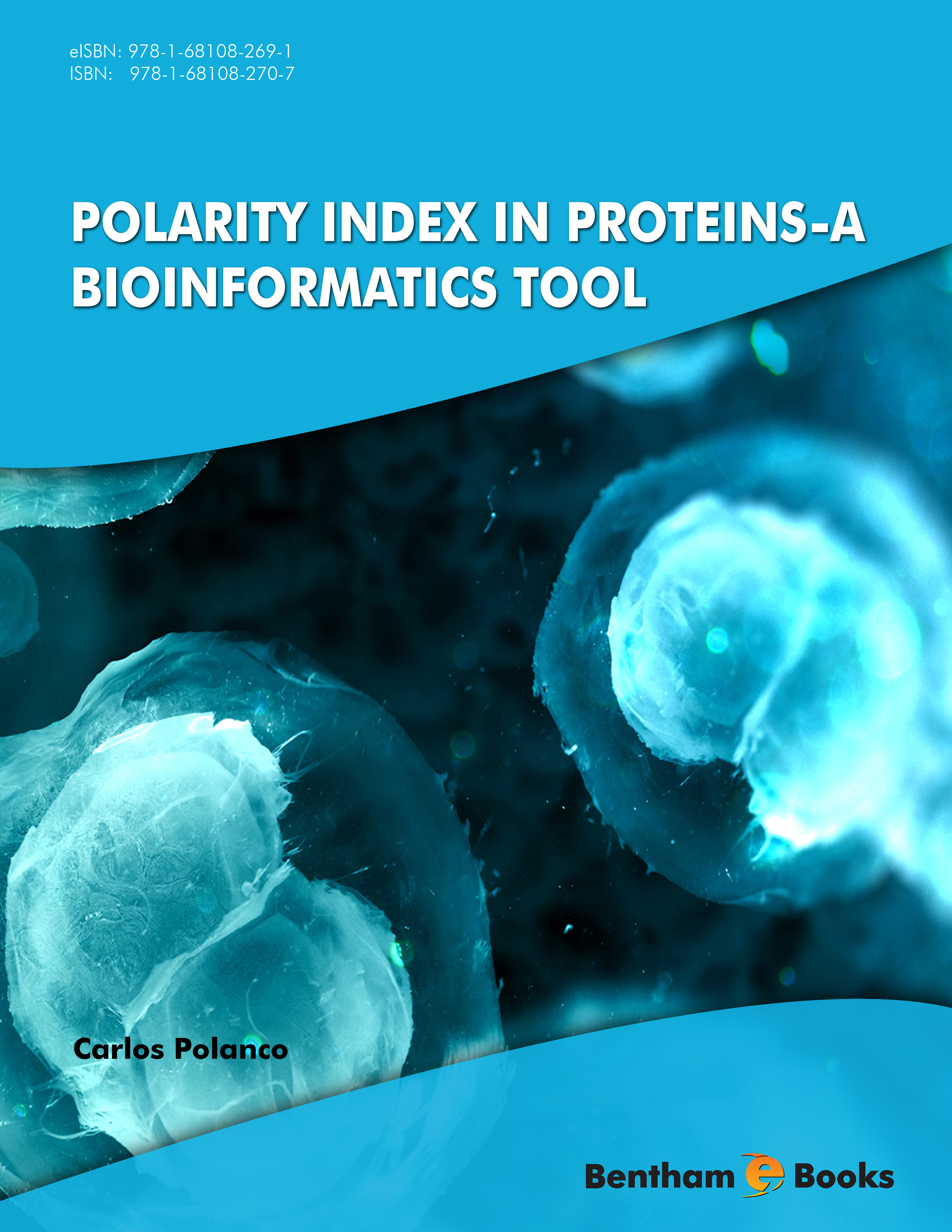Polarity Index in Proteins-A Bioinformatics Tool

Abstract
Polarity is a physico-chemical property that characterizes the electromagnetic stability of a protein and can be used to predict its plausible pathogenic action. For this reason, polarity is regarded as a major factor in most mathematical-computational algorithms that seek to characterize peptides and proteins. The Polarity Index Method makes it possible to reproduce the main classification of peptide proteins found in different databases, with a high degree of discriminative efficiency.
Polarity Index In Proteins is a brief monograph that explains the foundations of the polarity index method and presents examples of the application of this method for identifying the structural and functional relationships of different types of proteins (including cell penetrating peptides and natively unfolded proteins).
The monograph is divided into sections that cover basic protein biochemistry, the computational mathematical foundations of the polarity index method, the application of the method on different protein structures, and the evaluation of the results of famous experiments on biogenesis (Miller & Urey, Fox & Harada, Rode) by the same method.
Polarity Index In Proteins serves as an essential handbook for students and researchers in the field of bioinformatics, proteomics as well as for studies on the role of proteins in the origin of life.

